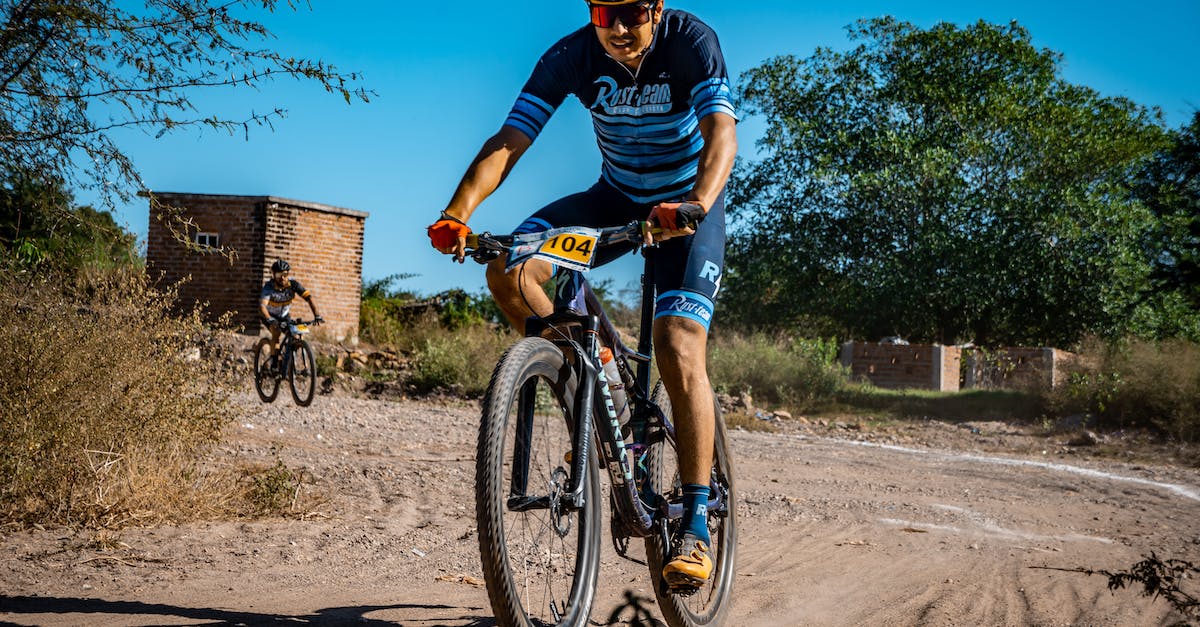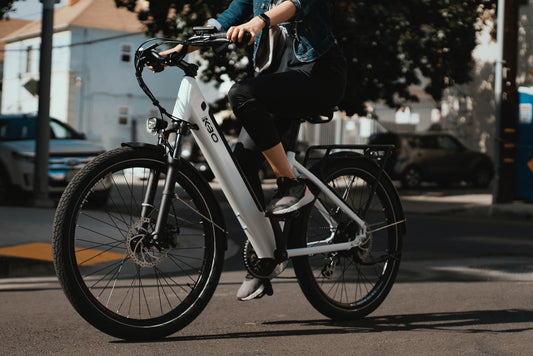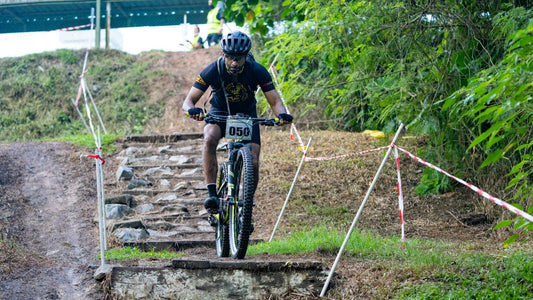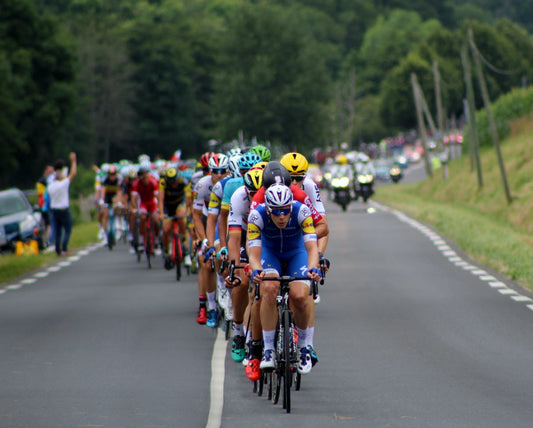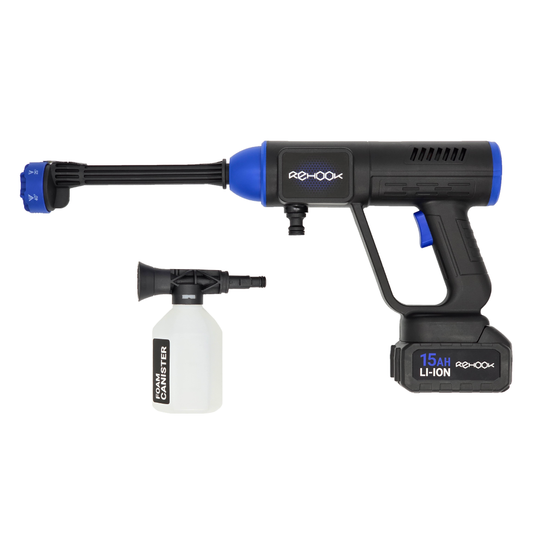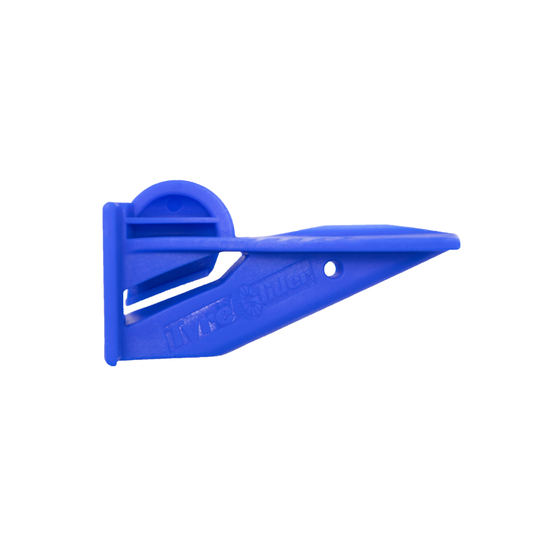PROH-lohg
Noun
A short time trial that is the first stage of a stage race.
Example usage: 'I'm really looking forward to the prologue of the Tour de France this year!'
Most used in: Stage races, particularly in Europe.
Most used by: Professional road cyclists.
Popularity: 8/10
Comedy Value: 2/10
Also see: Time Trial, Individual Time Trial, Opening Time Trial, Stage Race Prologue,
What is a Prologue in Cycling?
A prologue is a short, individual time trial that is used to determine the overall rankings in a cycling event. The prologue is usually raced over a distance of 4-8 kilometers and is usually the first stage of the event. It is an individual race, meaning all riders start at different times and the time taken to complete the course is used to determine the overall rankings.
Prologues are a good way to determine the strongest riders in a cycling event as they do not involve any group dynamics that can affect the overall rankings. They also provide an exciting start to an event as each rider’s performance can be compared to the rest. It is usually the fastest riders who come out on top, however, there are some who specialize in prologues and can pull off an upset.
Prologues are a popular part of many cycling events, including the Tour de France. In the 2019 Tour de France, the prologue was raced over 6.4 kilometers and was won by Frenchman Julian Alaphilippe in a time of 7 minutes and 20 seconds. The prologue determined the starting order for the first stage and Alaphilippe went on to wear the yellow jersey for the first week of the race.
Prologues are an important part of cycling events and can provide exciting racing and some unexpected results. They are a great way to determine the overall rankings in a cycling event and can be the deciding factor in who goes on to win the race.
.The Prologue of Cycling: A Brief History
The term “prologue” has been used in cycling since the early 20th century. The term was first used in the context of a multi-stage cycling race in the Tour de France in 1903. The race was divided into six stages, and the first stage was referred to as the prologue.
Originally, the prologue was a short, individual time trial of 8 to 10 kilometers, which served as a warm-up for the main event. The prologue was designed to establish the order of departure for the first stage of the race. The cyclist with the fastest time in the prologue would start first and the rest of the riders would follow in the order of their times.
The prologue has evolved over the years and is no longer used to determine the order of the riders. Instead, the prologue is now used as an opportunity for riders to show their competitive spirit and gain an advantage over their opponents. The prologue is still a short, individual time trial, but it now takes place over a longer distance, usually between 10 and 20 kilometers.
The prologue has become an important part of modern cycling, providing an exciting start to multi-stage races. It is a thrilling spectacle that has been enjoyed by cycling fans for over a century.
